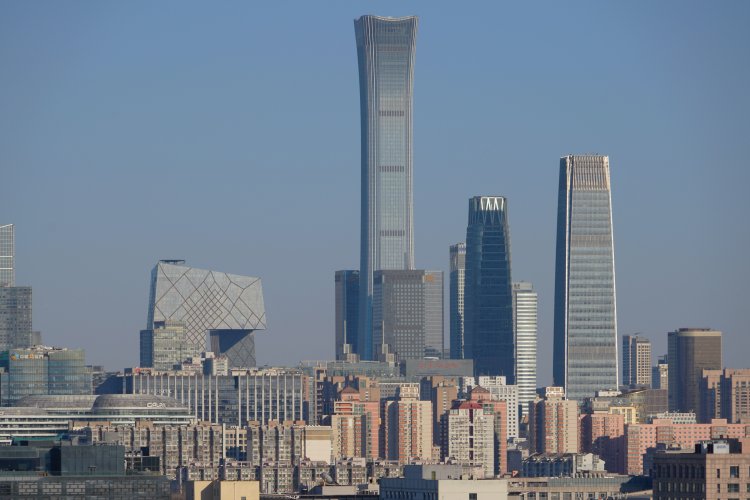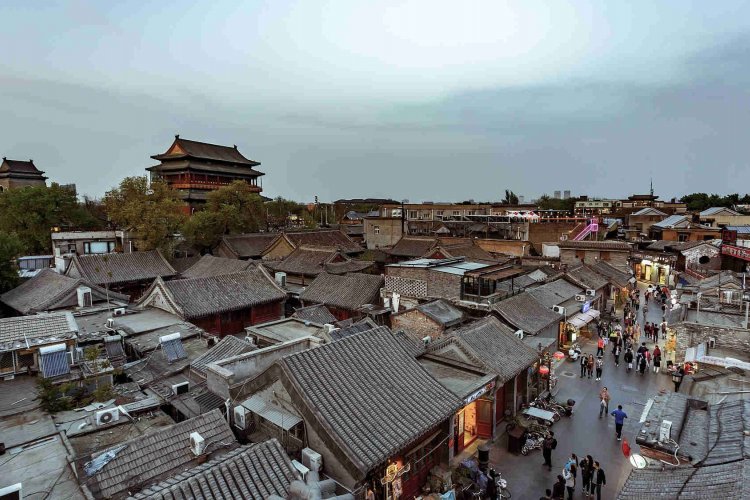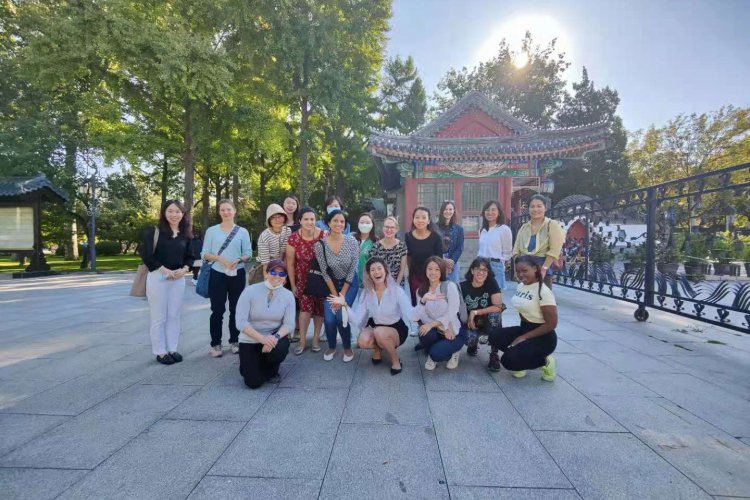American Firm Buys the Company Behind Beijing's Soho Buildings
The Dow Jones may be taking a dive, but that is no reason for American companies to avoid investments in China. Or at least, that is the implication of the sale of Soho China to the US-based equity firm, Blackstone Group for USD 4 billion, Reuters reports.
Soho China is the largest developer of office buildings in China and is the company that commissioned the late Iraqi-British architect Zaha Hadid to design the curvy Soho malls that have become iconic pieces of Beijing's landscape, home to many Beijinger events over the years, as well as Xicheng's Leeza Soho, which opened in November of last year. The company still holds ownership of the malls, although much of its business practice over the past decade has been focused on a develop-and-sell strategy, with a move into the co-working sector in recent years.
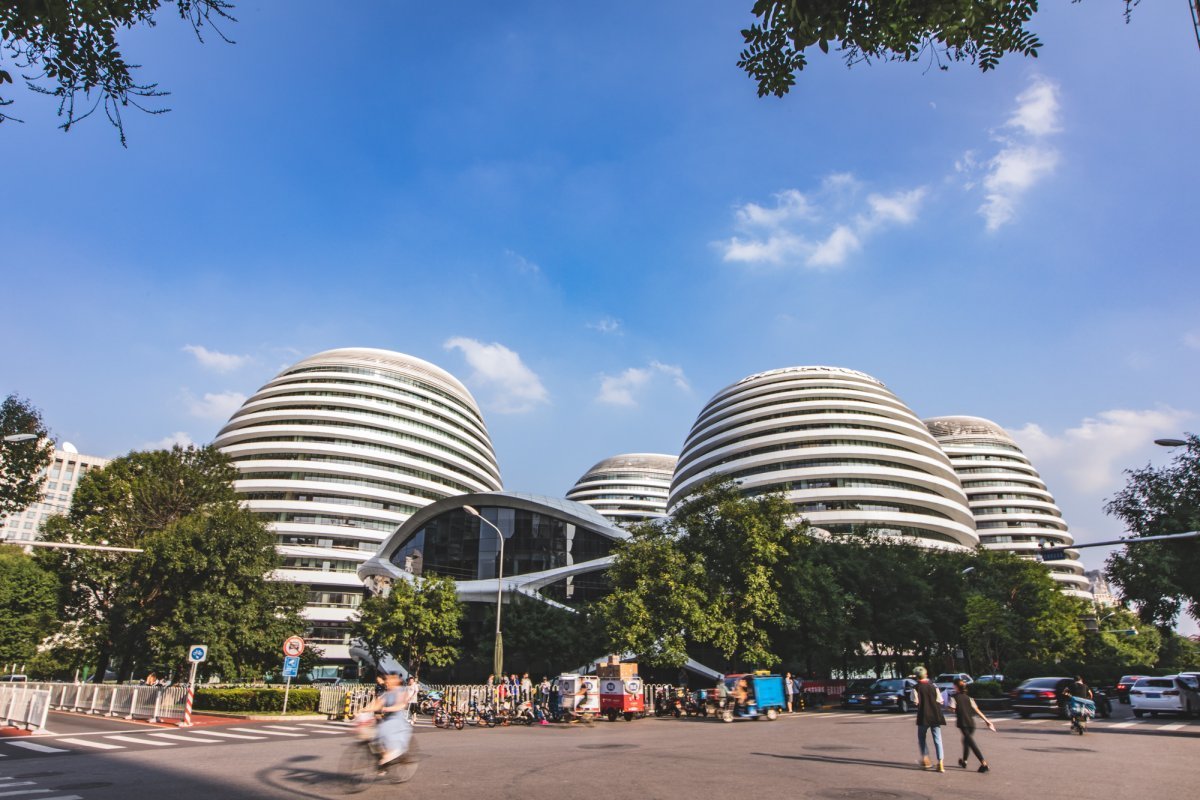
The sale is not a complete surprise given that its married founders Pan Shiyi and Zhang Xin have been selling off their domestic assets since November in order to buy up foreign assets. The move coincided with Soho China selling off its portfolio as well.
As a young developer, Pan was dubbed a "naughty boy" for daring to paint his buildings bold colors. The media would later call him the Donald Trump of China when he appeared on The Apprentice. It's a comparison that he has lived up to with libel lawsuits against his detractors and a business model that does not fear debt (Blackstone’s purchase also includes taking on a debt load roughly equal to the price tag it bought the company for), but is imperfect when it comes to his background and hairline – unlike Trump, Pan has a genuine rags-to-riches story and has let himself bald gracefully.
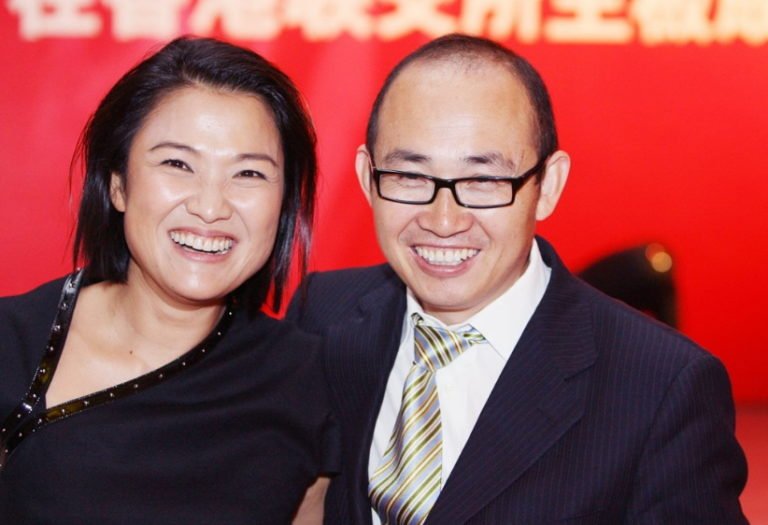
Pan previously credited his success to a strategy of keeping business in Beijing, claiming that developers who expand nationally are bound to see declining profits. Apparently, selling off his company is at least in part a result of his failure to listen to his own advice, as the sale follows several years of purchasing in second-tier cities. However, Pan and Zhang, who own more than 63 percent of the company, made off alright with the sale, and its investors, too, expect to see better profits under the new ownership.
READ: This Seized (and Rather Ugly) Beijing Skyscraper Just Sold for a Smooth RMB 5 Billion
Images: Sina, Followcn


